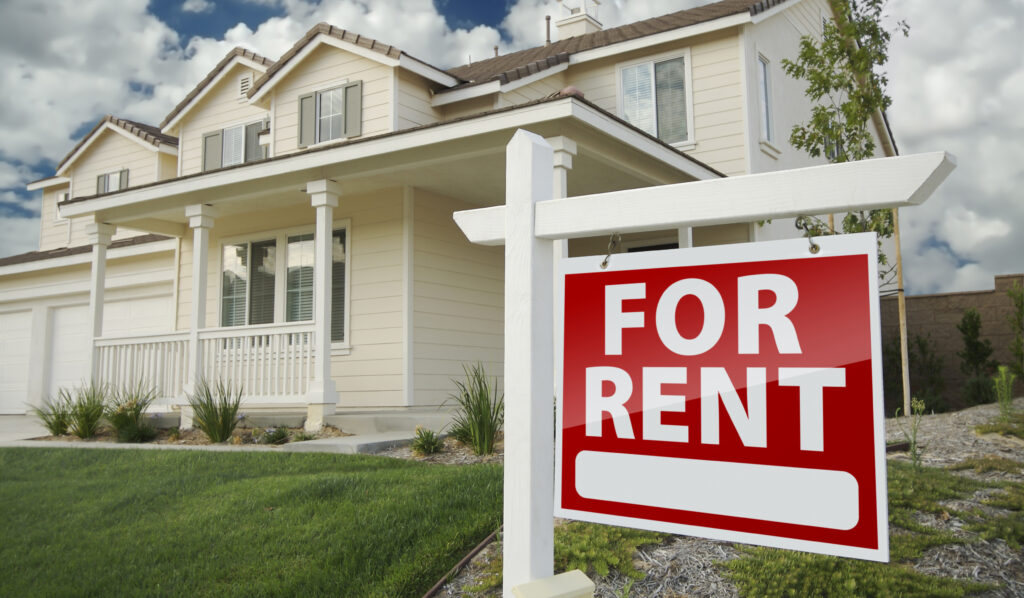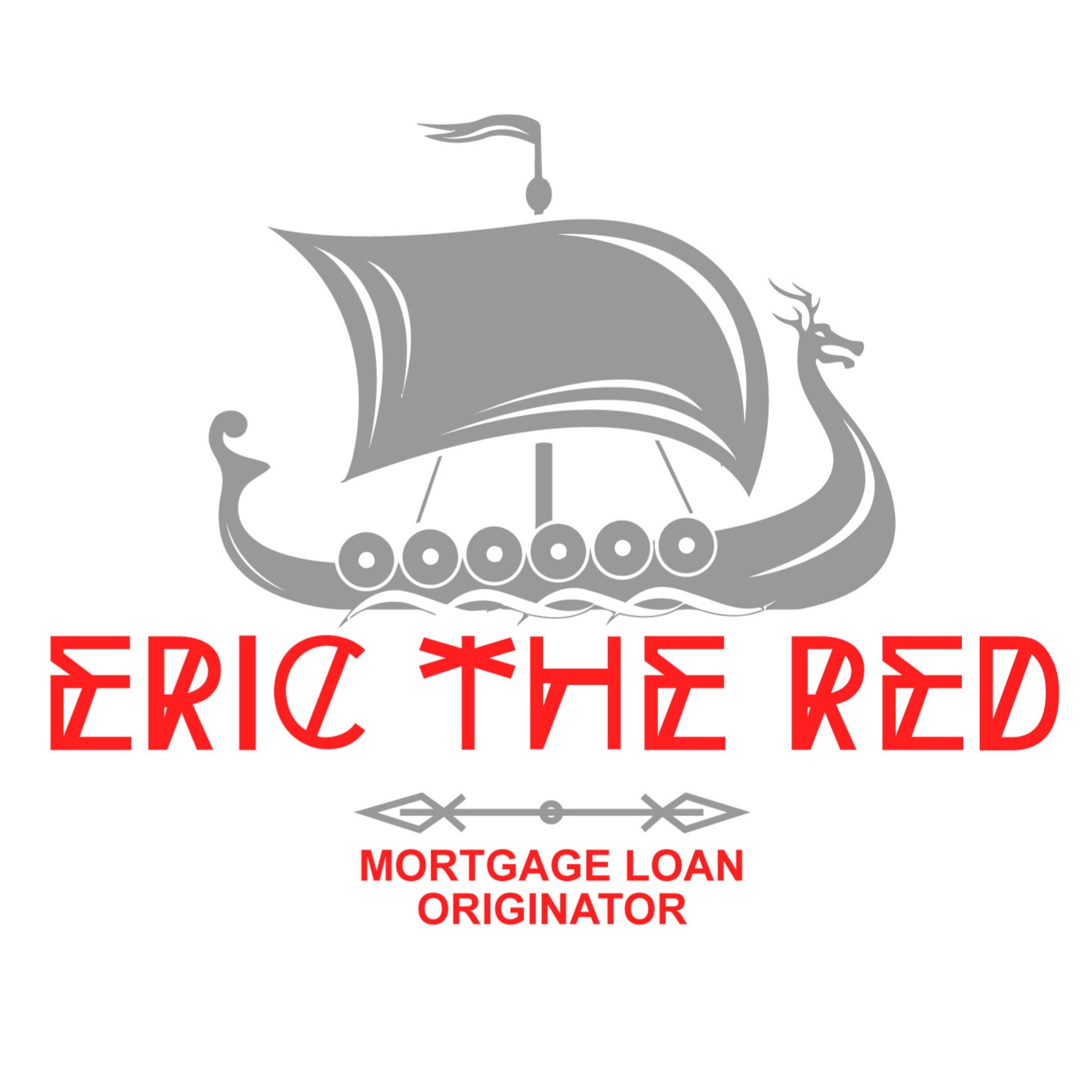
Pros and Cons of Investment Properties
Real estate is often considered a smart long-term investment. There are many pros and cons to this type of investment. Before you make the leap into owning rental properties you should have a goal in mind. Are you planning on financing your kids’ education, do you want to use the income to pay your own mortgage, or are you looking to have a passive income that carries you through your retirement years?
Once you decide on your goal you will want to put together a list of pros and cons to determine how you can reach those goals and what expenses to anticipate. Your list may vary but below is a general list to give you a better idea of what to expect.
The pros of real estate as an investment:
- Rental income. Nothing beats having a steady income that not only helps you pay the mortgage on the property but also gives you extra money to help you reach your financial goals.
- Income is flexible. Rental income is not fixed. Just as rent increases over time at an apartment you are able to increase rents as demand and inflation affect the value of the home. This is great for retiree that is using these properties as a part of their retirement plan because it keeps up with the increasing costs of living.
- Real estate appreciates with time. While your rental income is paying down the mortgage on the home and increasing your equity, the home is also appreciating in value.
- Tax benefits.While you own the home you enjoy the special tax-free write offs and benefits.
- Leveraging the bank’s money. With a small down payment and a mortgage, you can buy a property. There are only a few investments that allow you to take out a loan to buy the investment.
The cons of owning real estate:
- Owning a home is not liquid. Depending on the market it can take weeks to months to sell a home. This makes it difficult to pull your money out of the investment quickly.
- You must have liquid money. As the owner you are responsible for major repairs and maintenance of the property. If the water heater breaks and costs thousands of dollars to fix, you need to be able to get the repair done quickly to appease the renters. It’s good to have 2-3 months’ rent set aside in an account that you can draw on for operating expenses.
- Being a landlord. It can be a lot of work to be a landlord. This can include finding renters, background checks, collecting rent, preforming inspections, handling maintenance requests, etc. If you don’t want the hassle or don’t have the time you can hire a management company to take care of all of this. It will reduce your income from the property but the time savings may be worth it.
- Real estate is expensive. Even using the bank’s money, you still have a lot of your money tied up in a single asset. Consider investing in smaller homes or condos. One of the keys of real estate is to make sure you have a balanced investment approach.
- Tax drawbacks. When you sell the property, the profit gets treated as capital gains and the profits will be subject to tax liabilities unless immediately reinvested into another property.
If you are considering investing in real estate it’s best to seek out professional help from an agent, a tax professional, and possibly a property management company to determine the best way to get started.
